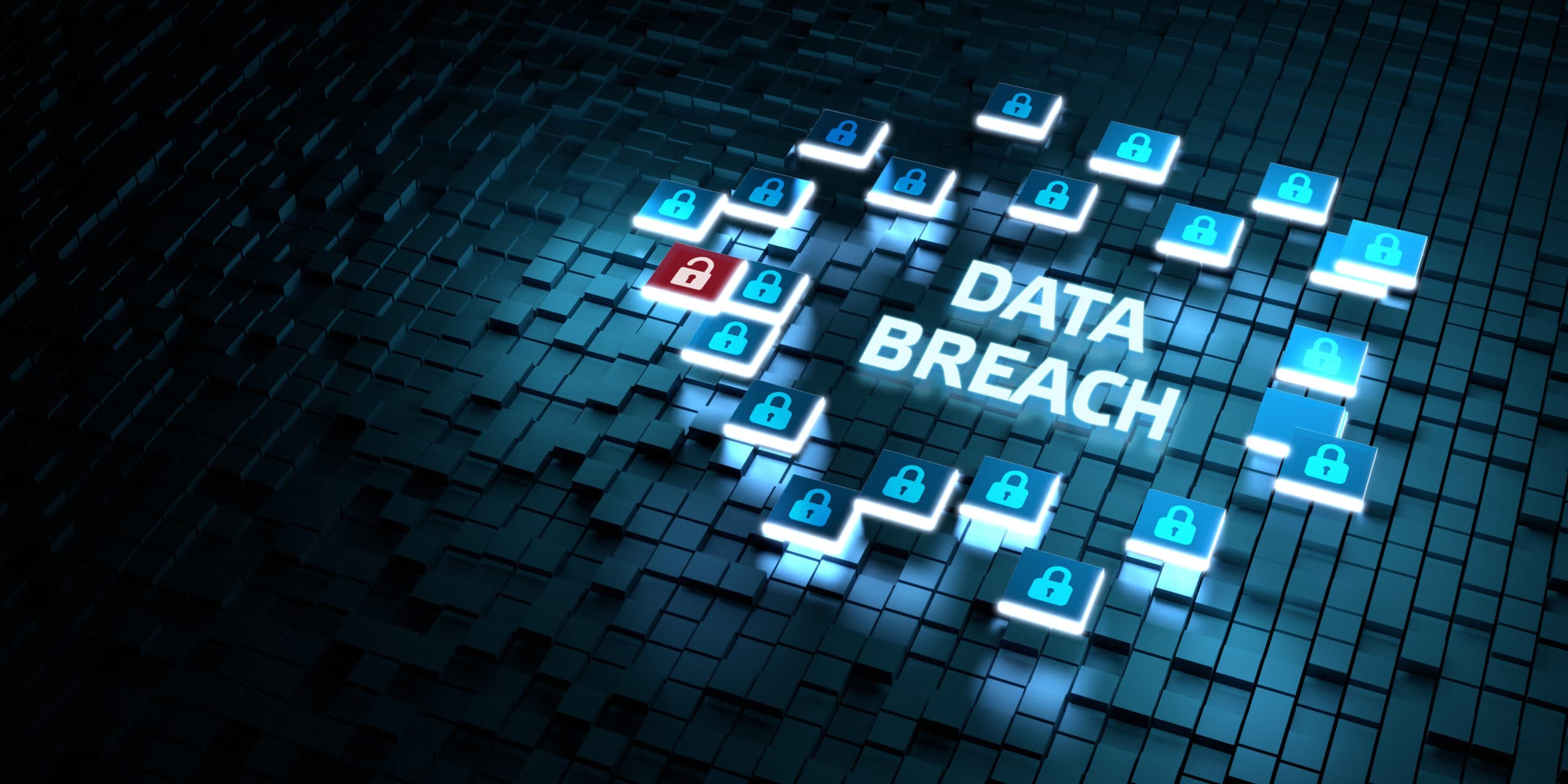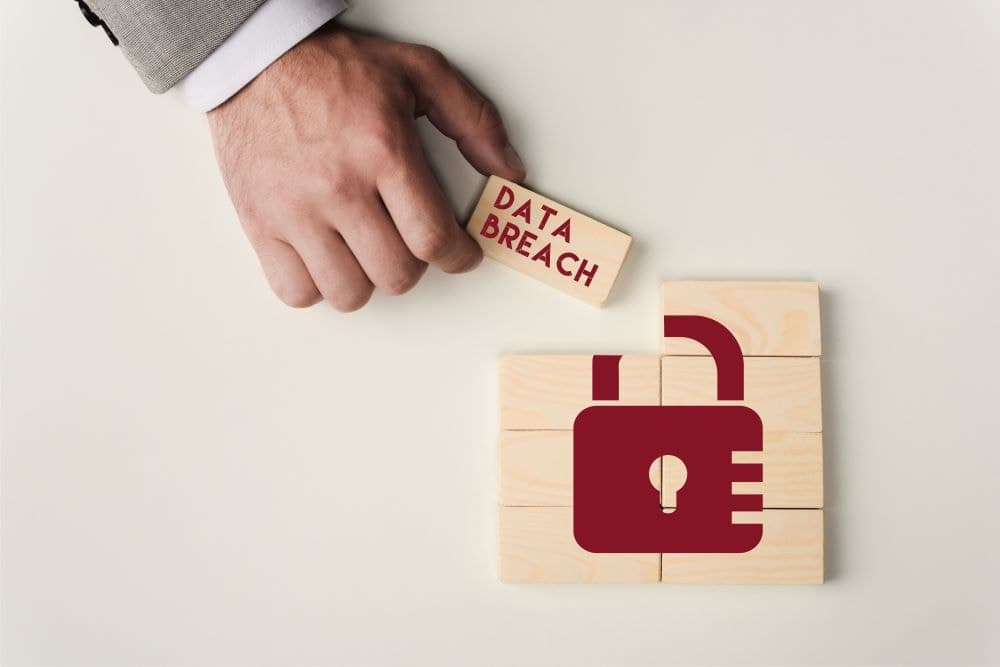
In today’s digital era, healthcare organizations store vast amounts of sensitive data. These include electronic health records (EHRs), health insurance details, and financial information. A data breach in a doctor’s office compromises this information, leaving patients vulnerable to identity theft and unauthorized access to their most personal health records.
This article explores your rights, the legal actions you can take, and how privacy laws protect you if your doctor’s office experiences such breaches.
Understanding Healthcare Data Breaches
A healthcare data breach occurs when unauthorized parties gain access to confidential health information. This can include sensitive health information like medical records, health insurance details, and financial data. Breaches in the healthcare sector often result from hacking, human error, or inadequate security measures.
The Health Insurance Portability and Accountability Act (HIPAA) legally binds healthcare providers to protect patient data. This federal law mandates that covered entities, like doctor’s offices, implement strict safeguards to secure electronic medical records and prevent unauthorized transactions or illegal disclosure of sensitive data.
When a breach involves unsecured protected health information, healthcare providers must follow HIPAA’s breach notification requirements. This includes notifying affected persons without unreasonable delay and, in cases of large-scale breaches, issuing a media notice through prominent outlets.
How a Data Breach Affects You
A breach affecting your personal health records can have far-reaching consequences:
Identity Theft and Fraud
Hackers can use stolen health data to open credit accounts or commit unauthorized transactions. Scammers can use your insurance information to file fake medical claims.Emotional Distress
The illegal disclosure of confidential health information can cause significant emotional harm. Patients may feel violated and anxious about how their information will be misused.Financial Risks
Patients often face costs for monitoring credit reports and recovering their stolen identity. While some clinics may offer credit monitoring, the burden often falls on the affected person to protect themselves.
Can You Take Legal Action?
Yes, you can take legal action if your doctor’s office fails to protect your data. As a patient, you have rights under federal laws like HIPAA, and healthcare organizations must comply with strict data protection standards.
If a data breach occurs due to negligence, patients can sue for damages, including:
Financial Losses: Costs of addressing identity theft or monitoring credit reports.
Emotional Distress: Harm caused by the exposure of sensitive health information.
Violation of Privacy Laws: Failure to meet breach notification requirements or implement effective security measures.
In some cases, affected persons may join a class action lawsuit. This allows multiple victims to hold a covered entity accountable for widespread negligence in protecting healthcare data.
Steps to Take After a Healthcare Data Breach
If your doctor’s office experiences a security breach, act quickly to protect yourself:
Demand Transparency
Request a brief description of the breach and how it occurred. Ask the clinic if the breach involves your specific data and whether substitute notice was provided in prominent media outlets.Monitor Your Information
Regularly check your credit reports for unauthorized transactions or open credit accounts. Use credit monitoring services if offered.Contact Authorities
File a report with the Federal Trade Commission (FTC) and inform your insurance company if your health data has been compromised.Seek Legal Advice
Consult an attorney specializing in healthcare breaches. They can assess if your rights were violated and help you pursue compensation.
The Responsibility of Healthcare Providers
Doctor’s offices and healthcare organizations must implement robust security measures to protect patient data. As HIPAA-covered entities, they are required to:
Secure Electronic Health Records
Encryption, firewalls, and regular audits of healthcare systems can prevent unauthorized access.Train Staff:
Employees should understand how to handle sensitive data and prevent human error that could lead to breaches.Hold Vendors Accountable:
Business associates providing cost-effective services must also comply with HIPAA standards. Clinics must enforce agreements that ensure data protection.
When a breach occurs, healthcare providers must meet breach notification requirements promptly. This includes sending individual notices to affected persons and providing substitute notice for larger incidents through toll-free phone numbers or major print media.
Protecting Yourself from Future Breaches
While healthcare organizations bear the primary responsibility for securing your healthcare records, you can take steps to safeguard your information:
Be Vigilant: Monitor your accounts and healthcare statements for unusual activity.
Ask Questions: Inquire about the clinic’s data security practices and how they store medical information.
Stay Informed: Know your rights under privacy laws and HIPAA.
Frequently Asked Questions (FAQs) About Healthcare Data Breaches
1. How do data breaches happen in healthcare settings?
Data breaches can occur due to weaknesses in network servers, human error, or cyberattacks. Many healthcare organizations have transitioned to digital systems through a digital transformation, but some still rely on paper-based systems, which can also be compromised. For example, a misplaced file or an unsecured server could allow unauthorized individuals to gain access to confidential health information.
2. What role does the American Medical Association play in addressing data breaches?
The American Medical Association (AMA) provides guidelines and resources to help healthcare providers protect sensitive patient data. They advocate for better cybersecurity measures and educate healthcare professionals on how to prevent unauthorized access to electronic medical records.
3. Can paper-based systems be breached?
Yes, paper-based systems are not immune to breaches. Physical files can be lost, stolen, or accessed without permission. While digital systems often face cyberattacks, paper-based systems can lead to breaches due to human error, such as improper disposal of sensitive documents.
4. How can unauthorized individuals gain access to healthcare data?
Unauthorized individuals can gain access to healthcare data through various means, including hacking into network servers, exploiting software vulnerabilities, or using phishing attacks. Additionally, unsecured systems or careless handling of data can expose healthcare records to those who should not have access.
5. What happens if my confidential health information is accessed illegitimately?
If your confidential health information is accessed illegitimately, it could lead to identity theft, fraudulent insurance claims, or unauthorized medical procedures. You should monitor your accounts, check credit reports, and consider seeking legal advice to address the breach.
6. How has digital transformation impacted healthcare data security?
Digital transformation in the healthcare sector has improved efficiency but also increased the risk of data breaches. While electronic health records (EHRs) make it easier to manage patient data, they also require robust cybersecurity measures to protect against unauthorized access. Regular updates, encryption, and staff training are crucial in this digital age.
7. What is the role of the Department of Health and Human Services in preventing breaches?
The Department of Health and Human Services (HHS) enforces HIPAA regulations to ensure healthcare providers protect sensitive data. They investigate breaches, impose penalties on non-compliant entities, and provide guidance on safeguarding patient information.
8. Can I sue my doctor’s office for a data breach?
Yes, if your doctor’s office fails to protect your data due to negligence, you may have grounds for legal action. Consulting with an attorney can help you understand your rights and options for seeking compensation.
Compassionate Legal Support for Victims
A healthcare data breach is more than an inconvenience—it’s a violation of trust. At Bourassa Law Group, we help patients take legal action against negligent healthcare providers. Whether it’s securing compensation for damages or demanding better protections for sensitive health information, we’re here to help.
If your personal health records have been compromised, contact us for a free consultation. Let’s work together to hold the healthcare industry accountable and protect your rights.





